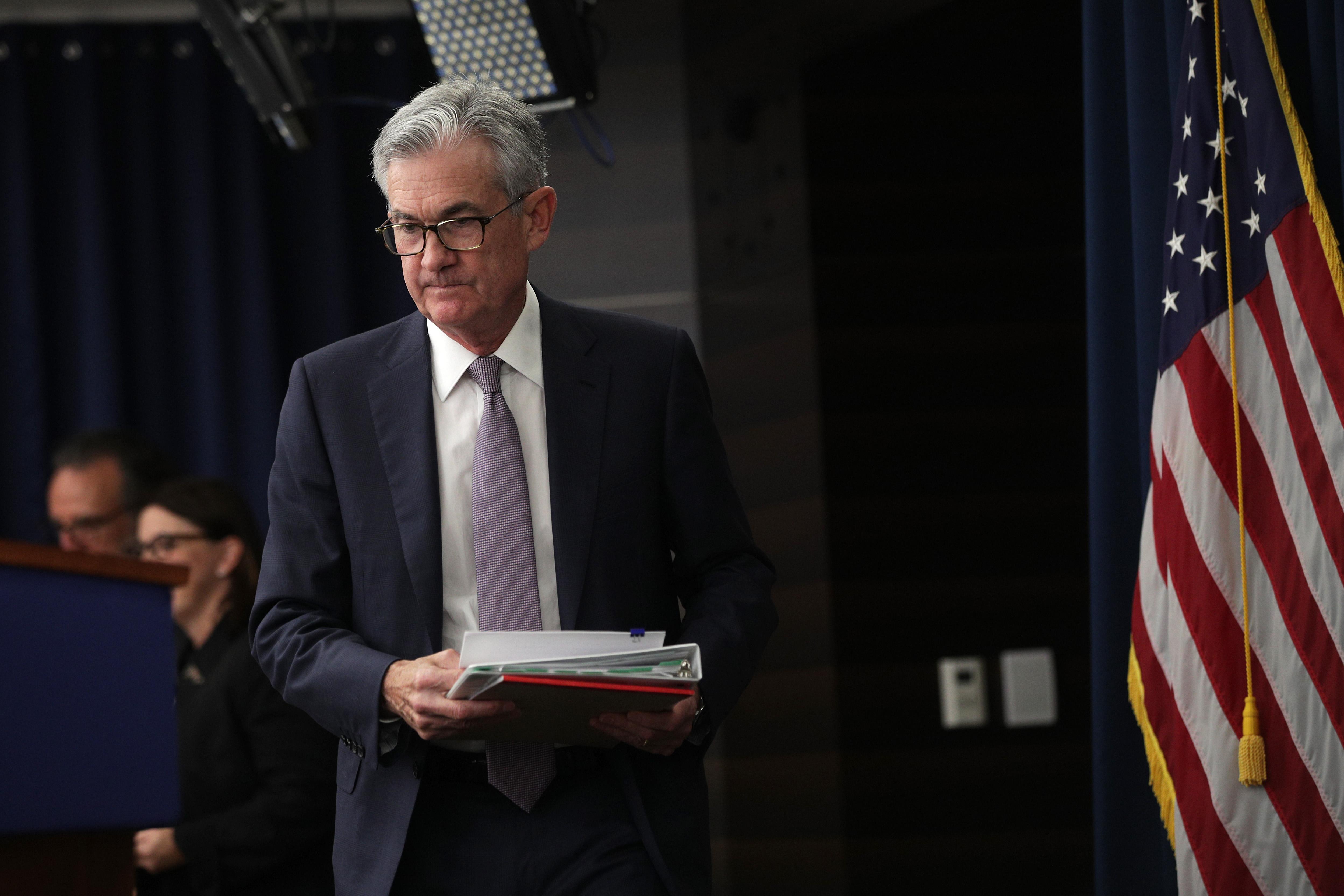The Fed Is Thinking About Raising Interest Rates in 2022—What Will Happen Then?
With Fed officials considering raising interest rates next year, Americans are wondering what will happen to the economy when it does.
Sept. 23 2021, Published 10:44 a.m. ET

During the Federal Open Market Committee event on Sep. 22, Federal Reserve officials spoke about inflation (of course). Fed chair Jerome Powell also discussed pandemic support and interest rates, both of which can impact the economy in big ways.
Since the pandemic began, the Fed has kept interest rates near zero, but there are talks about raising them again. What will happen when the Fed inevitably raises interest rates?
The Fed is considering raising interest rates in 2022

Because of the COVID-19 pandemic, the Fed adjusted monetary policy and lowered interest rates to give businesses and workers the chance to catch up after the shock. Powell has clarified that the government plans to wean Americans off of that fiscal assistance and, ultimately, raise interest rates.
Powell says it expects to do so as soon as 2022, though he didn't specify what time of year Americans can expect this to start happening. First, the Fed will lay off buying securities, such as bonds, before it gets into serious interest rate discussions. That bond-buying tapering is coming soon, according to Powell.
"The process of reopening the economy is unprecedented, as was the shutdown at the onset of the pandemic," Powell said.
When interest rates rise, loans become more expensive
Federal interest rates set a target for lenders. As those interest rates rise, consumers and businesses will have to pay more to borrow money. The cost comes in the form of interest payments.
At times like this, people who cannot or don't want to borrow at a higher rate will avoid indulging in projects that require loans. Instead, they'll save for a rainy, low-interest day.
Savings account interest yields increase
The Fed's interest rate also impacts interest yields, and a hike would make it more profitable to save money. This is especially true in high-yield savings accounts, which typically generate yields that are four or five times the federal interest rate.
When interest rates rise, inflation tends to fall
Increasing interest rates can actually help cool inflation, which is rising rapidly right now. Inflation doesn't benefit most consumers, so this cooling of the economy can be a good thing.
As the Fed discusses hiking interest rates in 2022, officials are also considering what will happen to inflation. It's all interconnected and, with inflation up 5.3 percent over the last 12 months, a cool-down sounds necessary.
How higher interest rates increase the stock market
Investors know that fiscal policy plays a crucial role in stocks. When interest rates increase, we know that it costs more to borrow money and businesses become more expensive to run. This is true for both private and public companies. However, publicly traded businesses have shareholders to think about, and lower revenue and earnings both have a place in market value.
Ultimately, higher interest rates can stall corporate growth. If interest rates only increase marginally, the stock market may be able to push through the tough period.
